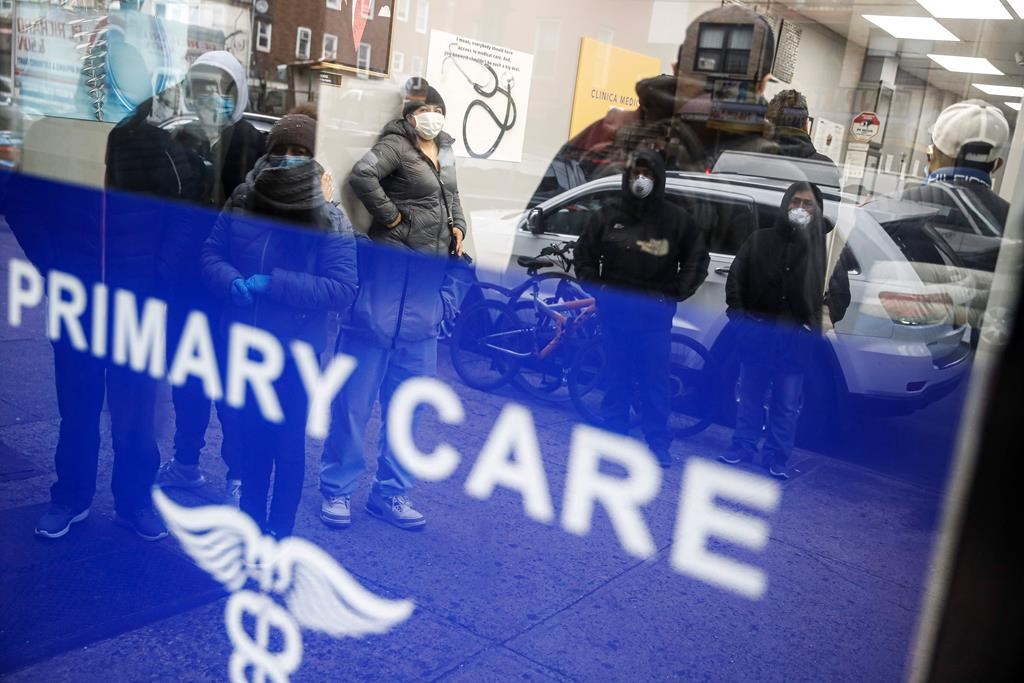“Will a surplus Russian gas mask protect me from coronavirus, or should I buy an actual respirator?”
These are the questions we ponder on social media in the year of our Lord 2020. Three weeks into the United States’ experience of the coronavirus pandemic, our lives are radically altered. Terms once the domain of specialists (“R0,” “CFR,” “the curve,”) have entered our common lexicon. Schools are closed, business shuttered, employees laid off or sent home. Events which occupied our national consciousness a month ago are subsumed by the coronavirus—the furor of Super Tuesday seems frivolous compared to our current reality. We have crossed the threshold from “normal life” into “history.” “What did you do during quarantine?” is the new “where were you on 9/11?”
Login to read more
Sign in or create a free account to access Subscriber-only content.
Topics:
